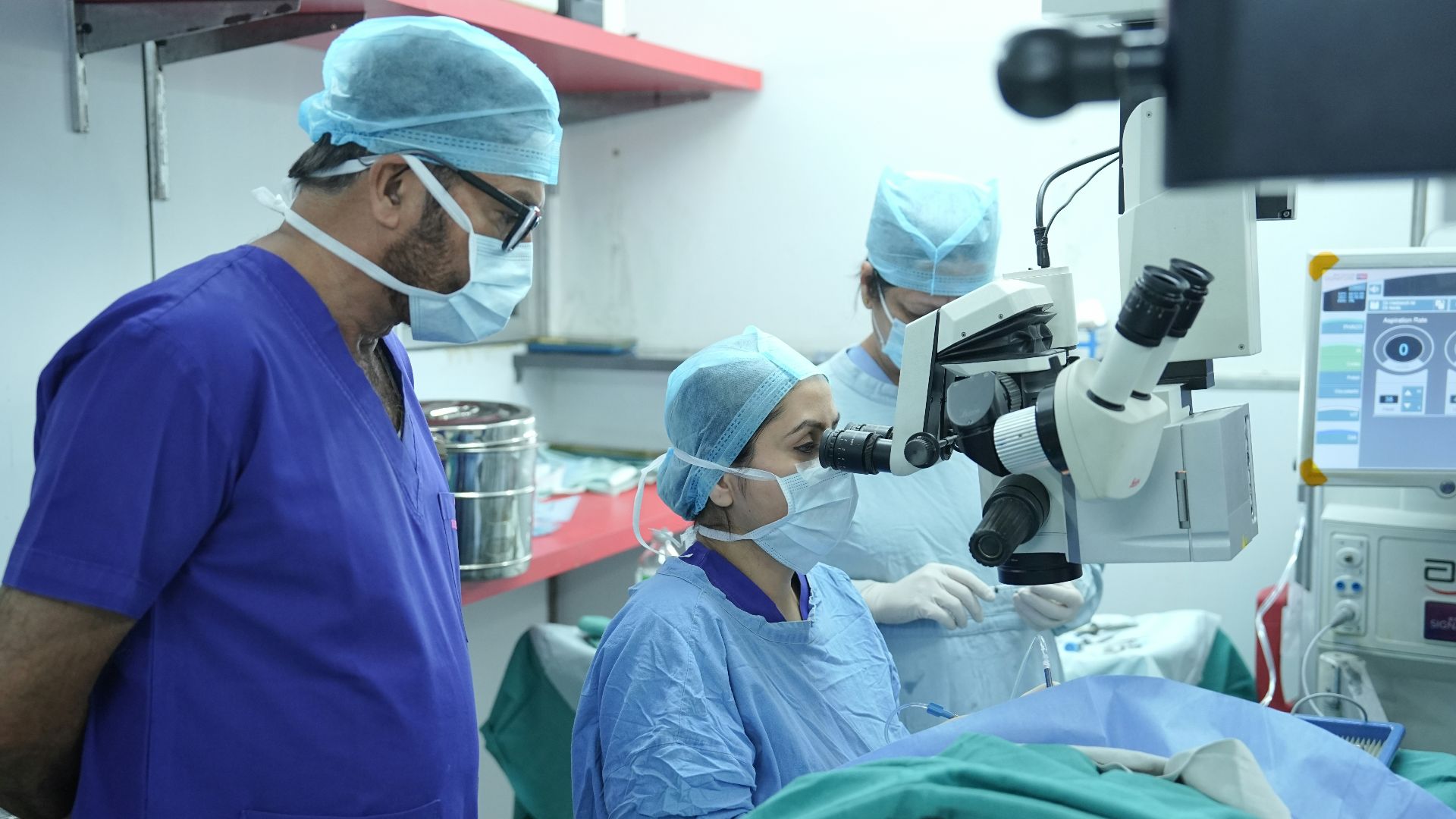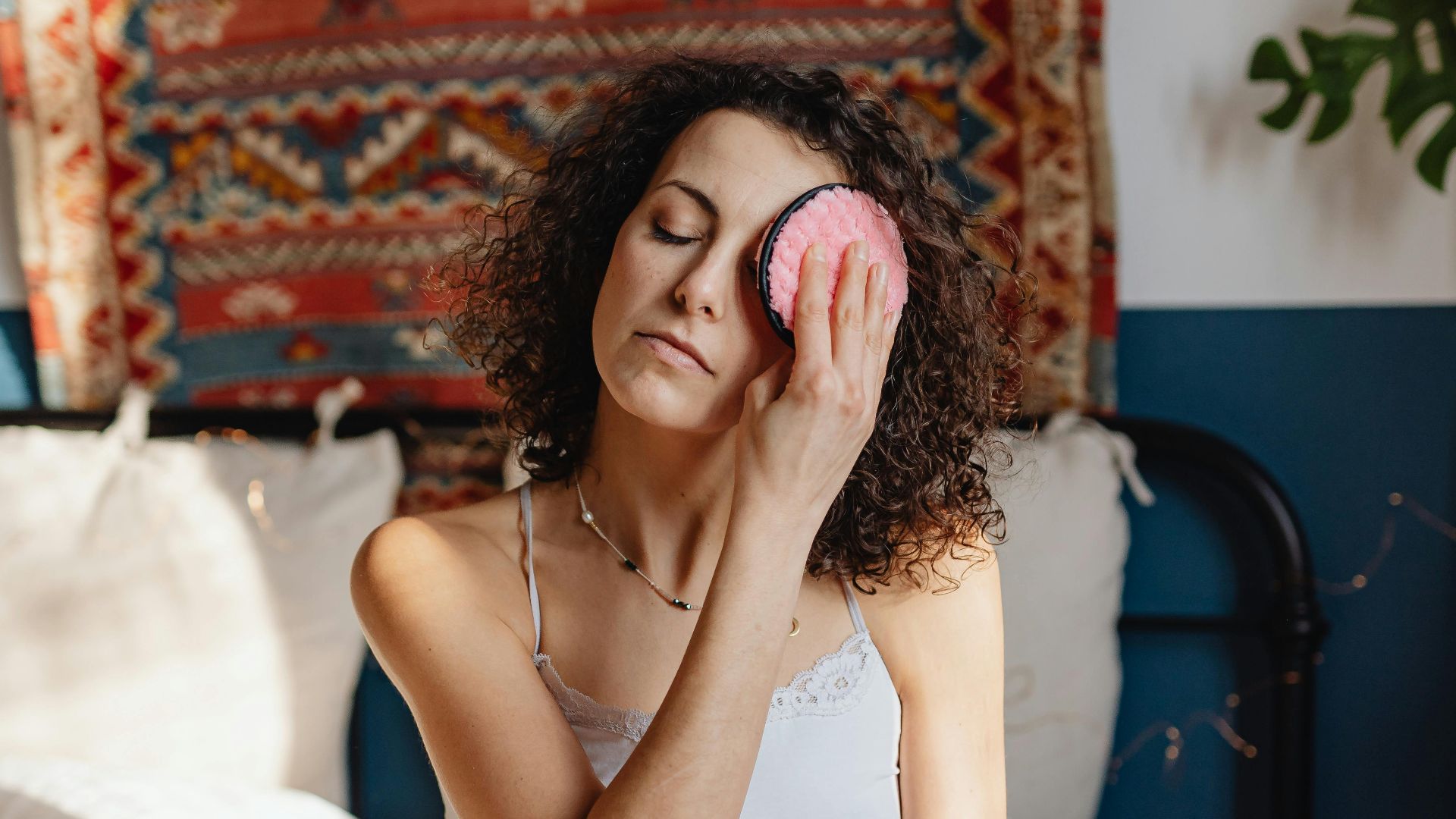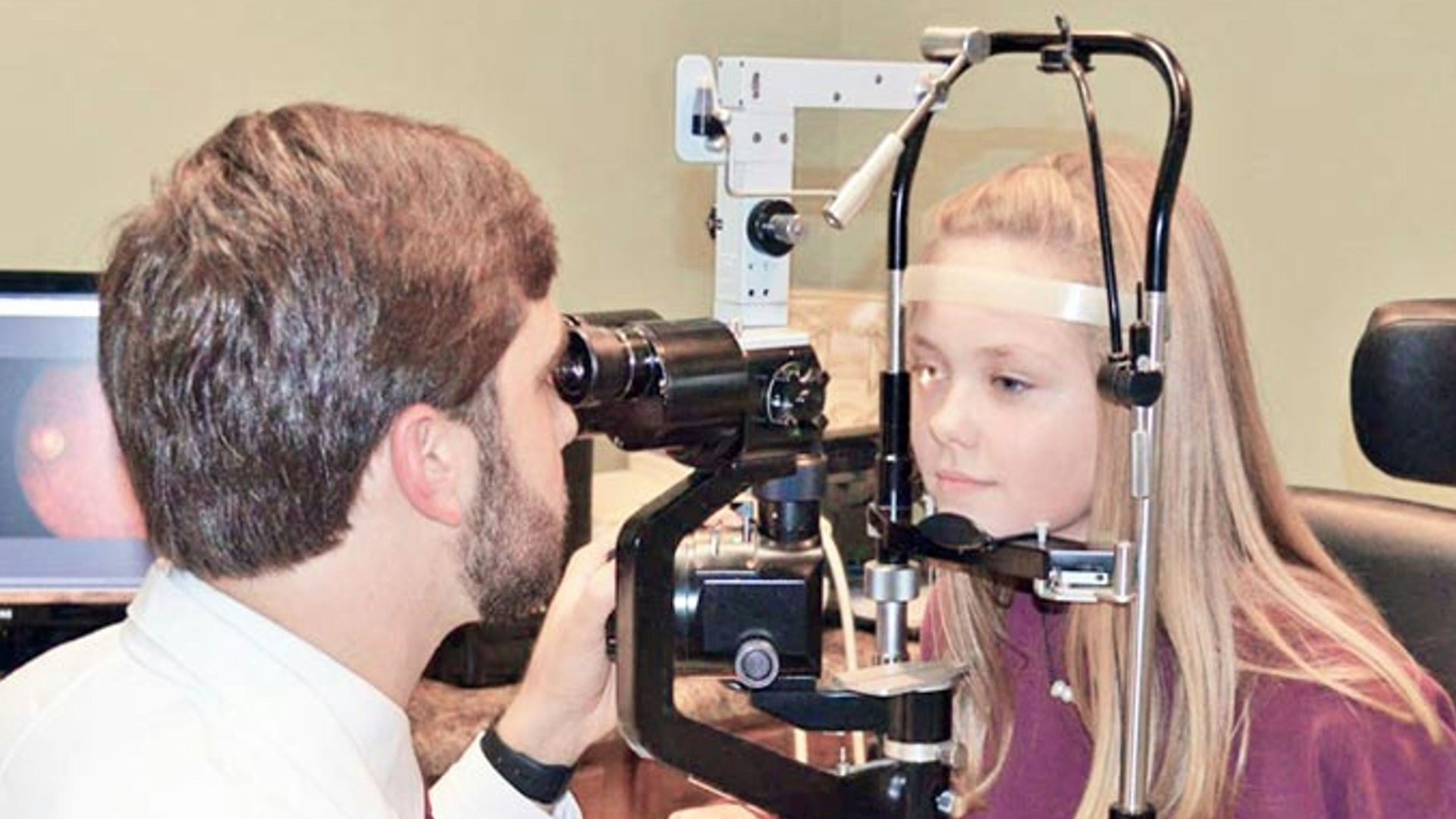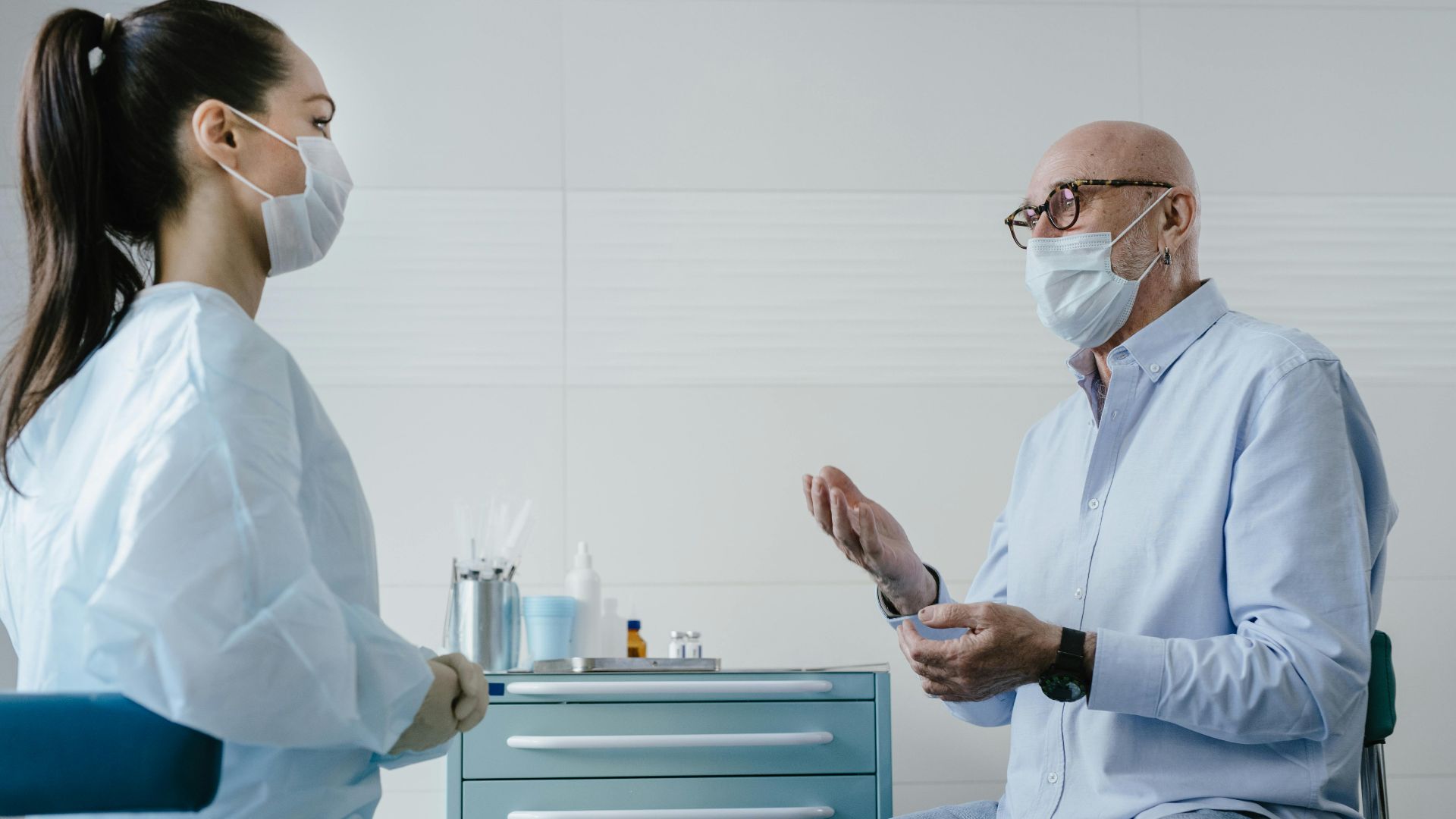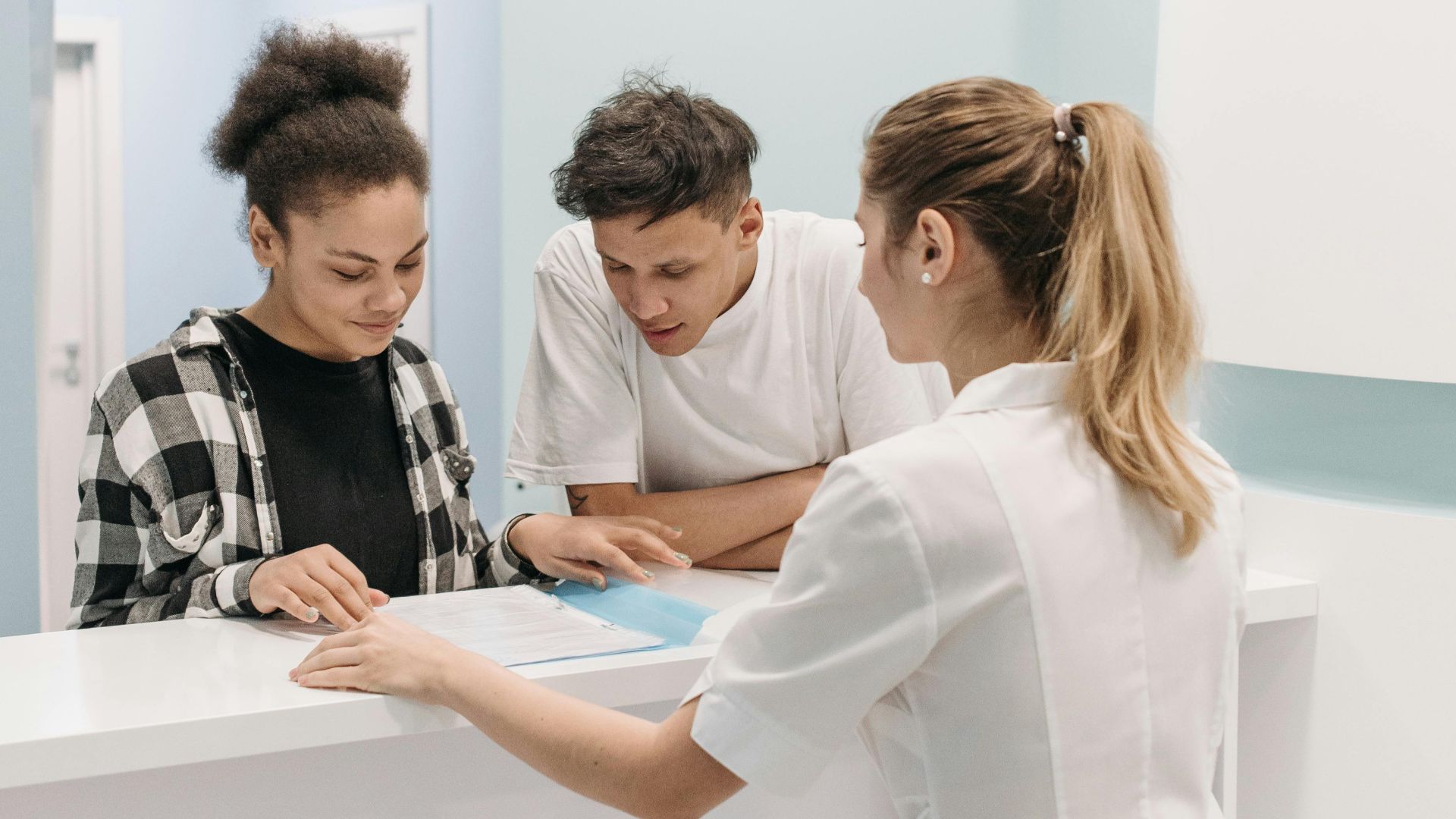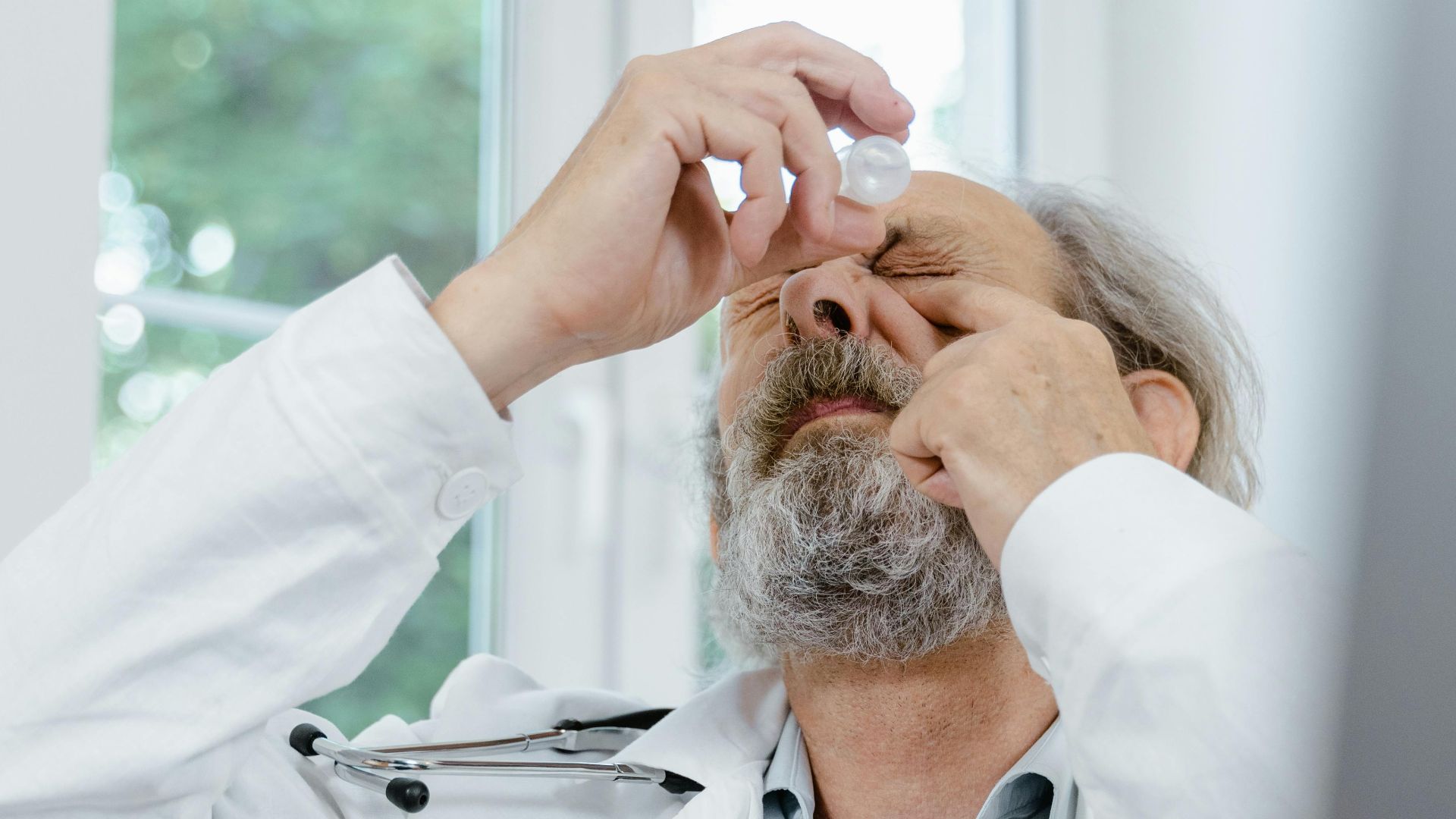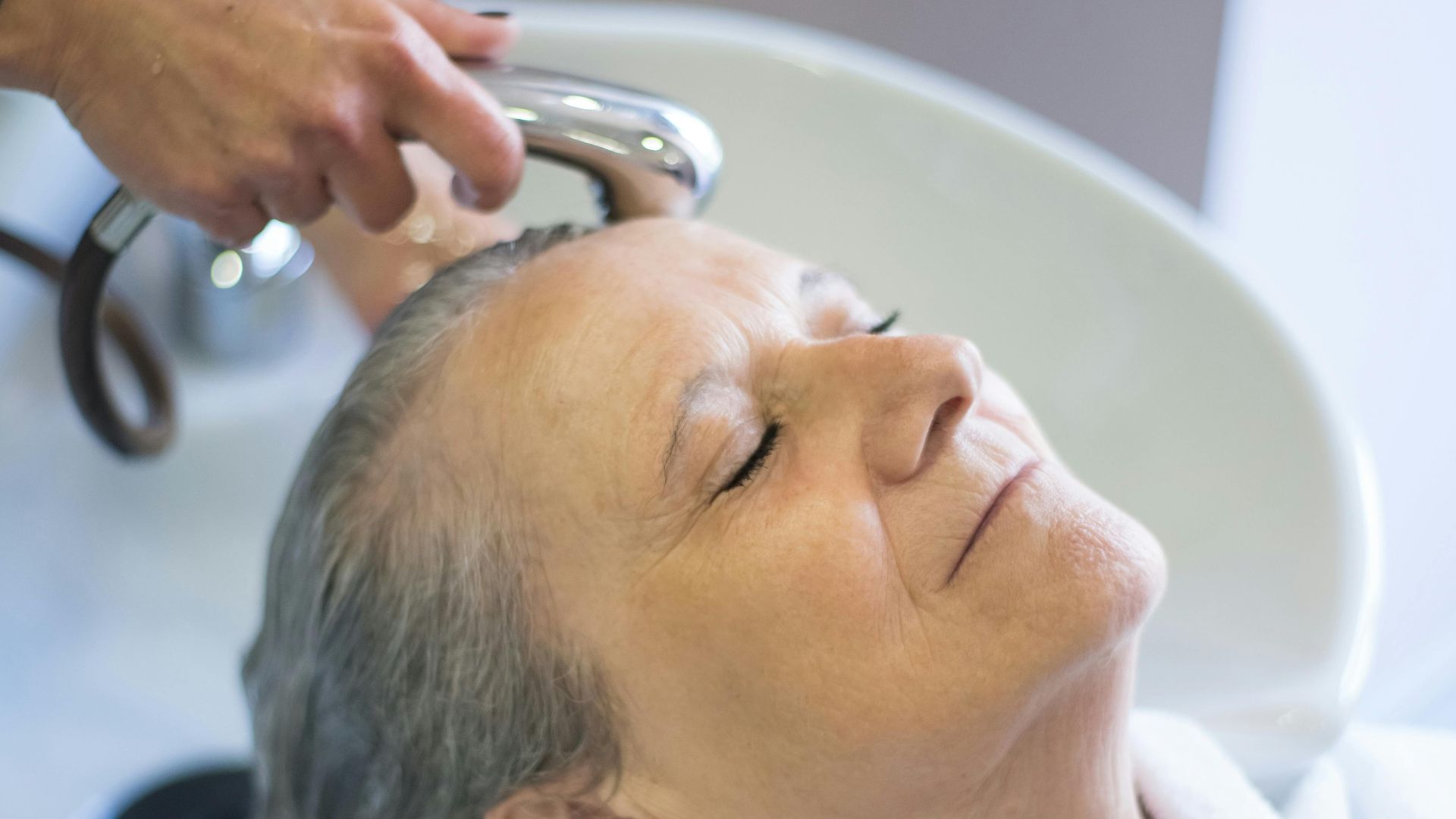What To Expect Before Surgery
Cataract surgery is one of the most common and reassuringly safe procedures today, yet it’s normal to feel unsure about what lies ahead. Be it preparing for your first consultation or counting down to surgery day, knowing what to expect can ease nerves and make the entire process smoother. This checklist breaks everything into two simple parts—what you should know beforehand and the practical steps to get ready. Let’s start with the 10 things you should know before cataract surgery.
1. Transportation Arrangements
Before the procedure even begins, transportation must be sorted out because you won’t be allowed to drive afterward. The entire visit usually lasts around two hours, so it’s best if your ride waits to help you leave comfortably.
2. Fasting Before Surgery
The night before surgery requires strict fasting—no food or drinks after midnight for typically 12 hours. Alcohol should also be avoided for 24 hours. You may brush your teeth carefully by using very little water as instructed. Always confirm exact fasting guidelines with your doctor, as they may vary based on anesthesia type.
3. Eye Measurements And Lens Selection
A pre-surgery appointment is scheduled about a week earlier, where your doctor performs painless measurements to select your lens implant. Once limited to single-focus lenses, today’s technology allows multiple focal points. It reduces or sometimes removes the need for glasses.
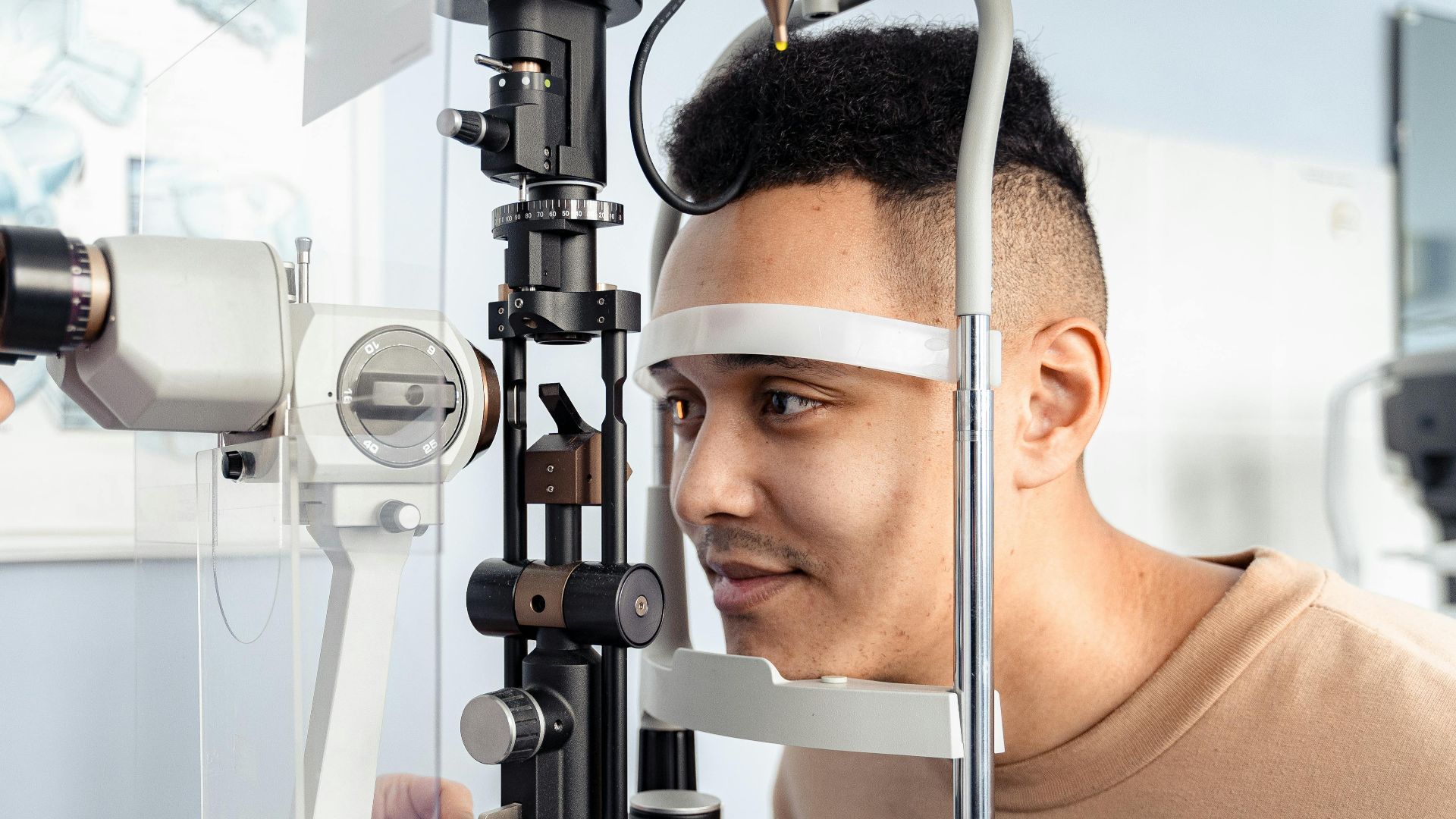 Antoni Shkraba Studio on Pexels
Antoni Shkraba Studio on Pexels
4. Clarify Post-Surgery Activity Restrictions
Ask your doctor about activity limits after surgery. You may be advised to avoid strenuous movements such as lifting, bending, or swimming for a short period. Knowing these restrictions early helps you plan daily routines and avoid complications.
5. Medication Adjustments
Some medications may need temporary changes, especially those affecting bleeding risk, so your doctor must know everything you take. Diabetic patients receive specific insulin guidance, and pre-dispensed eye drops might also be provided for later use.
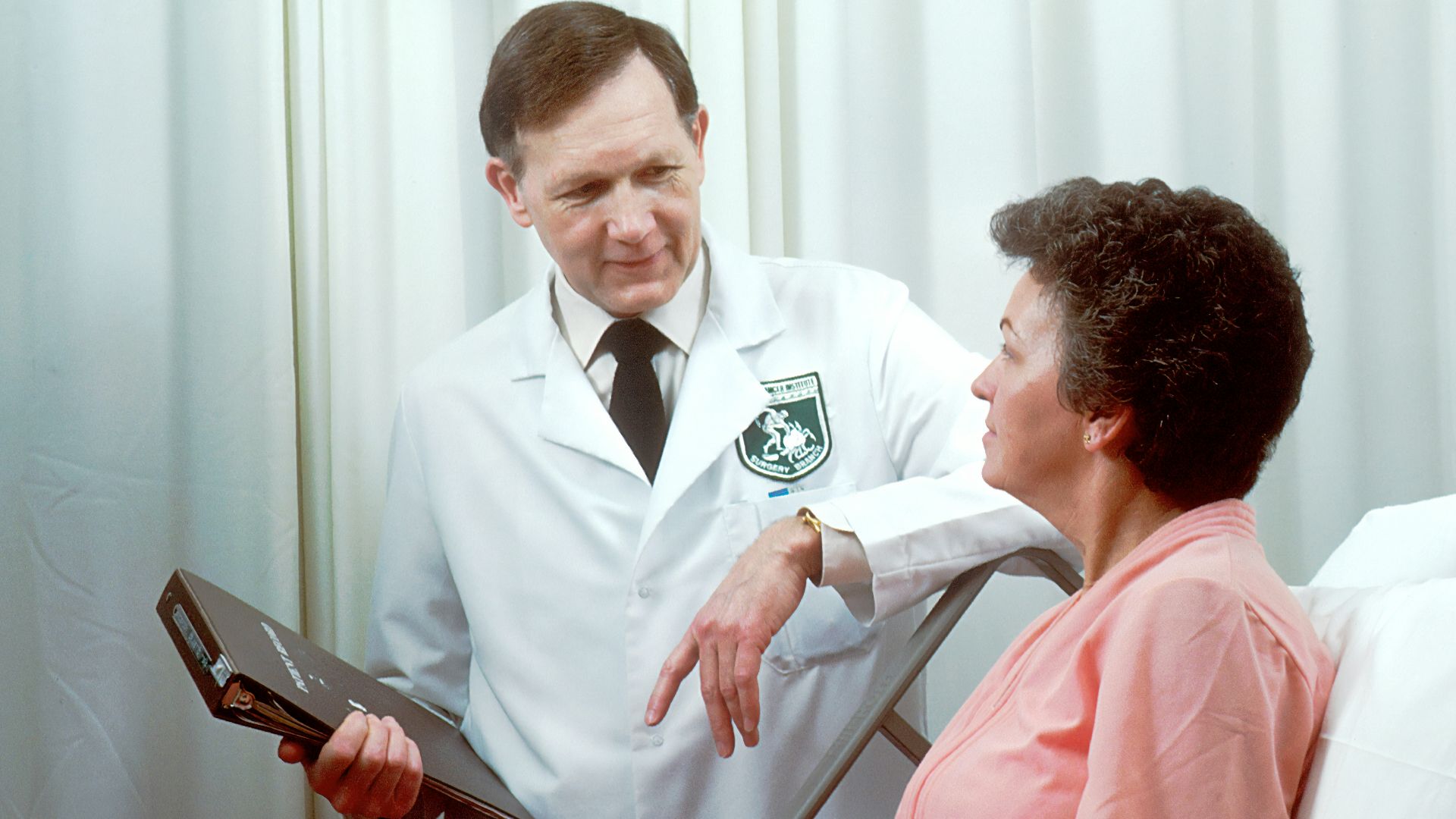 National Cancer Institute on Unsplash
National Cancer Institute on Unsplash
6. Awake But Sedated
Did you know that cataract surgery is performed while you are awake? However, sedation ensures you stay calm throughout. Anesthetic drops or injections eliminate discomfort, and a face drape is used during the process. If you’re claustrophobic, it helps to inform your doctor in advance.
7. Makeup And Lotions
On surgery day, the face must be completely free of makeup or lotions. Even small traces of mascara or eyeliner can interfere with the procedure or raise infection risks, so removing every bit beforehand is essential.
8. Immediate Post-Surgery Vision
Vision won’t sharpen immediately after the procedure. Prescription drops help prevent inflammation, while sunglasses reduce discomfort outdoors. Many centers offer light refreshments once you're cleared from the surgical area, which marks the start of your recovery period.
9. Understand Follow-Up Appointment Scheduling
Cataract surgery usually requires at least one follow-up visit within 24–48 hours. Additional checks may be scheduled over the next few weeks. Being aware of this timeline helps you coordinate transportation, work, and personal commitments in advance.
10. Emotional Preparation
It’s common to feel uneasy before cataract surgery, and providers encourage patients to reach out if anxiety heightens. A good night’s sleep can make a noticeable difference, and openly sharing concerns with your doctor often brings reassurance.
With these essentials in mind, it becomes much easier to focus on the practical steps you can take to prepare confidently.
1. Clean Your Glasses And Bring Them Along
Start your surgery day by packing your glasses, especially if you rely on them for reading paperwork. Staff may also need to check your prescription, so having it ensures clarity and convenience from check-in to discharge.
2. Make Appropriate Settings On Your Phone
Before surgery, adjust your phone’s settings by enlarging text or enabling voice commands. Temporary blurry vision is common after cataract surgery. These features make using your device far easier during early recovery. You can also keep people on speed dial to reach them quickly.
3. Confirm Your Arrival Time And Check-In Process
Before the day arrives, call your surgical center to verify your arrival time and check-in steps. Clinics often ask patients to come early for dilation or IV placement; confirming these details prevents a last-minute rush.
4. Arrange Childcare Or Pet Care In Advance
You won’t be in a position to care for anyone immediately after surgery, so arrange support beforehand. This helps you rest, avoid strenuous activity, and ensures dependents are fully taken care of during recovery.
5. Ask If You’ll Need An Eye Shield For Sleeping
Some patients are instructed to wear an eye shield at night, especially during the first few days of recovery. These lightweight shields prevent accidental rubbing or pressure while you sleep; check with your doctor to confirm whether you’ll need one.
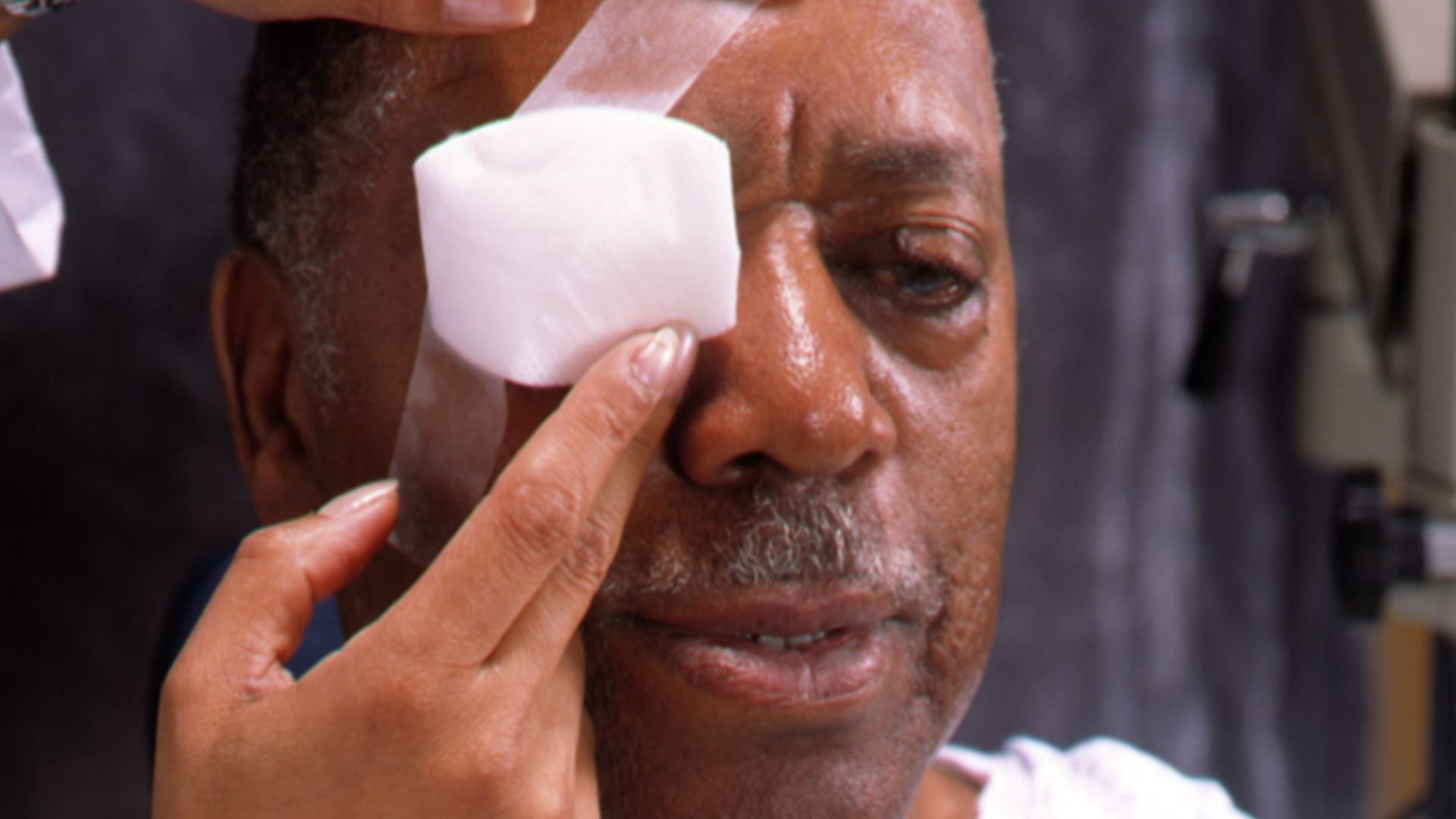 National Eye Institute, National Institutes of Health on Wikimedia
National Eye Institute, National Institutes of Health on Wikimedia
6. Bring Sunglasses For The Ride Home
Expect increased light sensitivity immediately after the procedure, making sunglasses essential for comfort. While some doctors provide temporary shades, it’s safer to bring your own polarized ones to reduce glare during your ride home.
7. Practice Using Eye Drops If You’re Unfamiliar
If applying eye drops is new to you, practicing beforehand can make a big difference. You’ll likely start using drops before surgery and continue afterward, so getting comfortable with the technique—and asking your clinic for tips—helps support smooth recovery.
8. Shower And Wash Your Hair The Night Before
Showering the night before helps lower infection risk, and washing your hair early prevents the need to get water near your eyes afterward. It will keep your scalp clean for the coming few days and avoid chemical shampoos.
9. Wear A Button-Down Or Zip-Up Shirt
Clothing matters more than expected—choose a button-down or zip-up shirt so changing afterward won’t disturb your eye or the protective shield. Since you’ll stay in your own clothes during surgery, comfort and easy removal are key.
10. Double-Check Your Insurance Pre-Authorization
Some insurers require pre-authorization for cataract surgery, and premium lenses usually aren’t covered. Contact your insurance provider early and, if needed, ask the clinic for assistance so you understand any out-of-pocket expenses well in advance.
KEEP ON READING

10 Pre-Workout & 10 Post-Workout Tips To Follow







